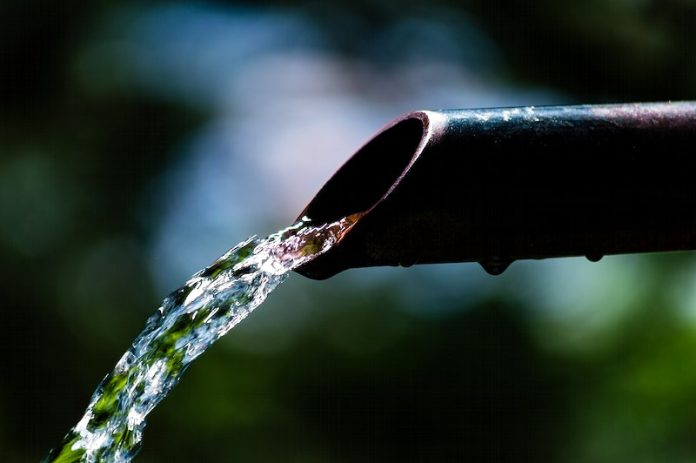John Dolan, Enfield and Lea Valley Socialist Party
In August, a burst water main in Islington, North London led to flooding up to four feet in depth. At the same time, Thames Water announced that it would soon be introducing a London hosepipe ban to preserve water supplies.
This gives a brief illustration of how this and other inefficient, private, profit-motivated water providers are failing to provide an adequate service to the public.
Although the water companies can’t be blamed for the current drought weather conditions, they are responsible for maintaining the infrastructure and having adequate back-up reserves.
It is estimated that Thames Water loses the equivalent of 179 litres of water per property per day. Nationally, leaks lost equate to the requirements of one-quarter of the population!
Since 1990, there have been reservoir sell-offs with no replacements. This is one of the reasons why water company-imposed restrictions like hosepipe bans could have been avoided.
Why don’t Thames Water and the other private water providers in England and Wales ensure that the pipe infrastructure, some dating back to Victorian times, is secure? Because it would eat into the profits of their bosses and shareholders!
In 2020, Thames Water’s CEO received a salary of £750,000, with a maximum bonus of 120% of salary and a long-term incentive plan with an annual award up to a maximum of 200% of salary.
The water industry was privatised in England and Wales by Margaret Thatcher’s Tory government in 1989. Since then, water companies have paid out an average £2 billion a year in dividends.
The 1997-2010 Labour government didn’t renationalise it, and Keir Starmer’s Labour Party has now ruled out renationalising any of the public utilities in the future.
What is needed is a water industry run in the interest and needs of society, under democratic workers’ control and management. The current state-owned water providers in Scotland and Northern Ireland don’t operate like that, they mirror capitalist-run companies.
A democratically run nationalised water service would give an adequate, clean supply of water suitable to meet the needs of all under conditions of climate change, which private water companies are incapable of providing.







